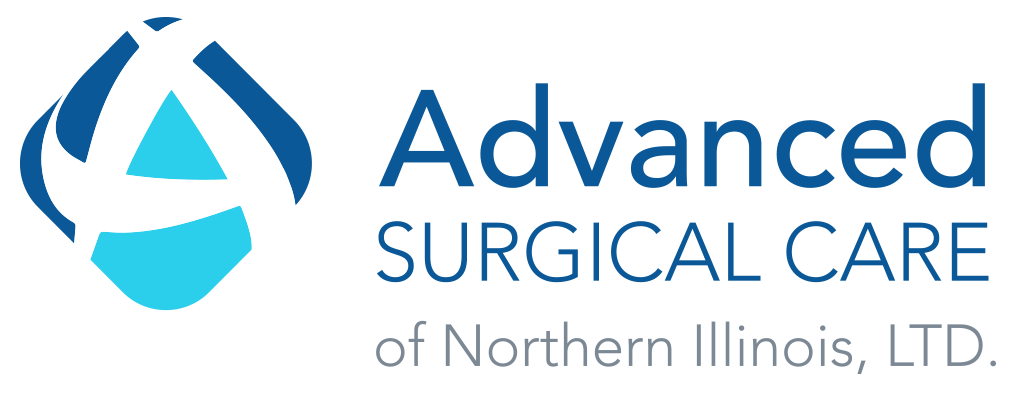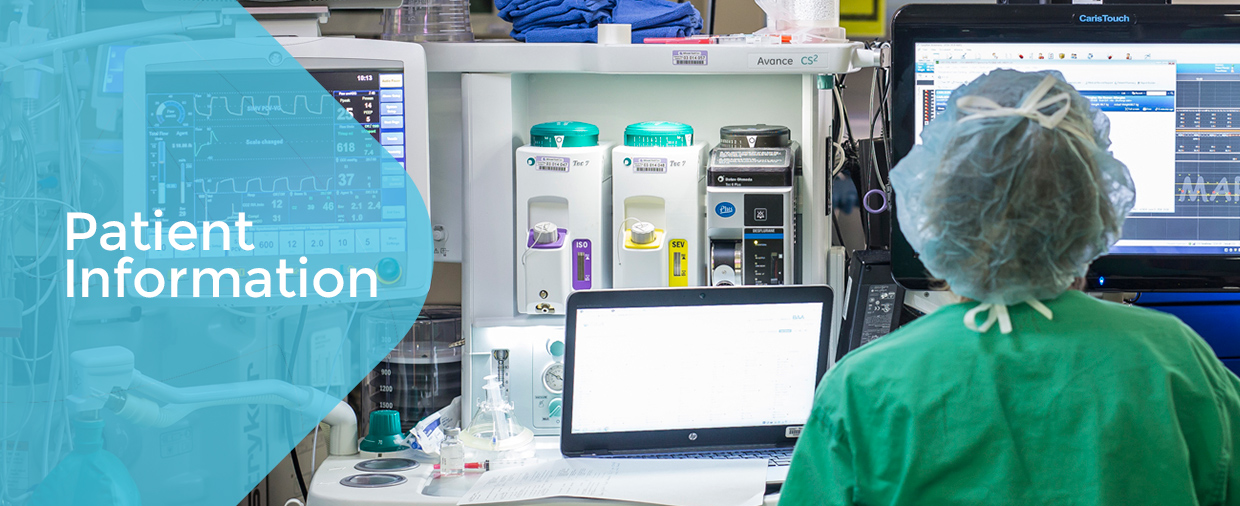Pain Control
It is not uncommon to have significant discomfort over the first 2-3 days after your operation. You will be prescribed a NARCOTIC pain medication to help control this pain (Vicodin, Norco, Hydrocodone, etc.). While this medication can be quite effective, it often causes unpleasant side effects including nausea, light headedness, constipation, etc. Therefore, it is best to limit these medications to the bare minimum. As an alternative, we encourage you to use an ANTI-INFLAMMATORY (Aleve, Naprosyn, Advil, Motrin, or Ibuprofen). These medications can be very effective for controlling your pain as long as you don’t have any sensitivities to these medications, or any interactions between this class of medication and any of your current medications. We suggest you use this medication “around the clock” for the first 4-5 days, following the dosing guidelines listed on the over-the-counter bottle. If necessary, you may take both the NARCOTIC and the ANTI-INFLAMMATORY together.
Wound Care
If your incisions are closed with absorbable suture covered with a special glue that is waterproof, you may shower or bathe as soon as the first day after surgery. The glue will begin to flake off 2-3 weeks after surgery. At that point you may use a washcloth in the shower to gently remove this glue. If your incisions are closed with staples the dressings can be removed 2-4 days, but you may shower the next day. It is common and expected to develop bruising around your incisions. This will clear up over the first few weeks after surgery.
Activity
The most common complication after hernia surgery is hernia reoccurrence. It is critical that you limit lifting to 10 pounds or less for the first 6 weeks after surgery. You have to limit on walking activity after surgery, but it will likely take 3 weeks for you to feel well enough to return to pre-operative levels of activity. In general, “listen to your body”-if an activity causes pain, you are not ready to do that activity. You may climb stairs as soon as the day of surgery, provided that you “take it slowly”. Many patients experience the most significant pain getting in and out of bed. If you are experiencing this and have a recliner, it may be advisable to sleep in this position for the first few days after surgery. Most patients can drive within one week after surgery, as long as you have not used any narcotic pain medication for 48 hours.
Diet
There are no restrictions after surgery, although some people may experience nausea from the anesthesia and or pain medication.
Return to Work
Everyone’s recovery and job is a little bit different- therefore, we like to tailor our recommendations around your specific situation. Go easy the first 48 hours, nothing to greasy or spicy. In general, if you have a “desk job” you may return to work in 5-10 days. If your work requires significant lifting, you may be cleared for “light duty” in 5-10 days but may not return to full activity for 3 weeks. We will complete all necessary paperwork for your work to justify this time-off. Please contact our clinical staff to help assist with the process.
Travel
We recommend no airline travel for 2 weeks after surgery.







